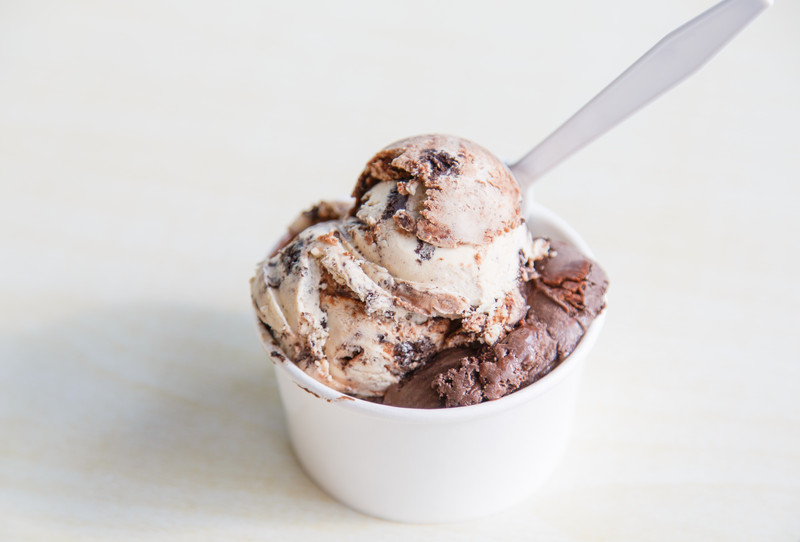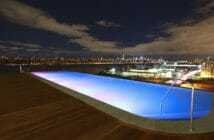Earlier this month New York City banned food service establishments, stores and manufacturers from possessing, selling or offering single use expanded polystyrene foam products. Expanded Polystyrene, more commonly known under its trade name of Styrofoam, is a petroleum-based plastic that is a lightweight and inexpensive material composed of 95% air. The insulating properties and cheap manufacturing costs of polystyrene have made it a popular choice for businesses to use to serve coffee and take-out food.
Styrofoam, launched in the early 1940’s, is a trademarked brand owned and manufactured by the controversial Dow Chemical Company. Dow Chemical Company, commonly referred to as Dow, manufactures plastics, chemicals, and agricultural products. They are infamous for their wartime inventions of Dursban, napalm, and Agent Orange and are considered by some to be the new Monsanto. Approved by the USDA in 2014, Dow is responsible for the much opposed new generations of GMO corn and soybean varieties that are able to withstand spraying of 2,4-D, a chemical that studies have shown to have adverse effects on hormonal, reproductive, neurological, and immune systems.
The styrofoam ban in NYC comes after the city’s sanitation department determined that expanded polystyrene foam is non-recyclable, a hazard to marine wildlife and a contaminant to the city’s organics program. “While much of the waste we produce can be recycled or reused, polystyrene foam is not one of those materials,” said Sanitation Commissioner Kathryn Garcia.
As a result of Styrofoam’s burden on waste reduction, human health, and the local environment, more than 70 cities across the country are already enforcing bans including; Washington DC, Minneapolis, San Francisco, Oakland, Portland, Albany and Seattle. With a population of more than 8 million, New York’s ban is likely to be the most influential yet. It’s thought that companies who rely heavily on Styrofoam, like Dunkin Donuts for example, will be forced to implement nationwide changes.
The Mayor of NYC, Bill de Blasio, stated, “These products cause real environmental harm and have no place in New York City. We have better options, better alternatives, and if more cities across the country follow our lead and institute similar bans, those alternatives will soon become more plentiful and will cost less.”
Polystyrene foam contains styrene, a chemical compound that is “reasonably anticipated to be a carcinogen, “according the National Toxicology Program (NTP), the Environmental Protection Agency (EPA) and International Agency for Research on Cancer. Alarmingly, the National Bureau of Standards Center for Fire Research found 57 chemical by-products released during the combustion of expanded polystyrene foam.
Apart from the dangers styrene likely poses to human health, it is also a risk to the environment. The National Resources Defense Council notes that polystyrene foam from coffee cups and other food containers are clogging landfills and turning up in the ocean, where sea birds and marine animals swallow it.
If you’d like to avoid polystyrene products, they are easy to recognize, since they are marked with the number 6 inside the recycling symbol.
To read about more nutrition topics in New Jersey, follow If You Seek Nutrition on Facebook.










